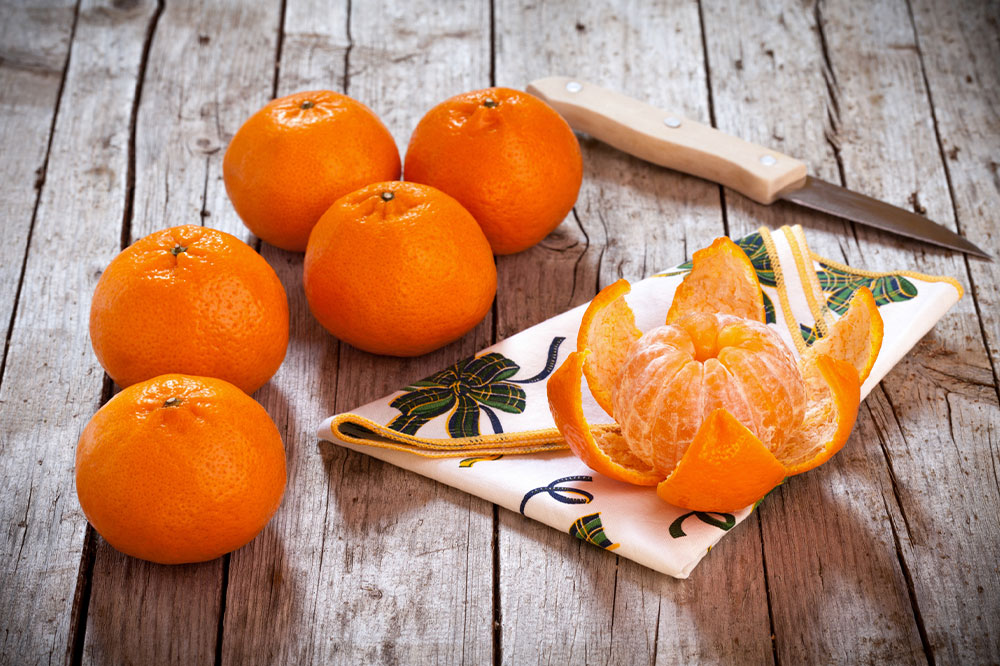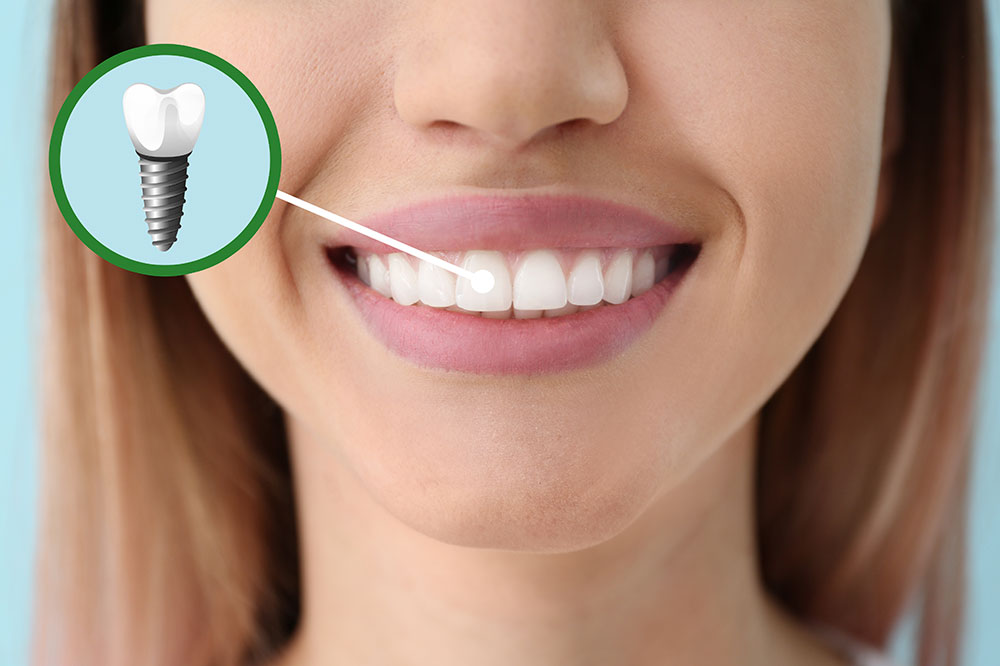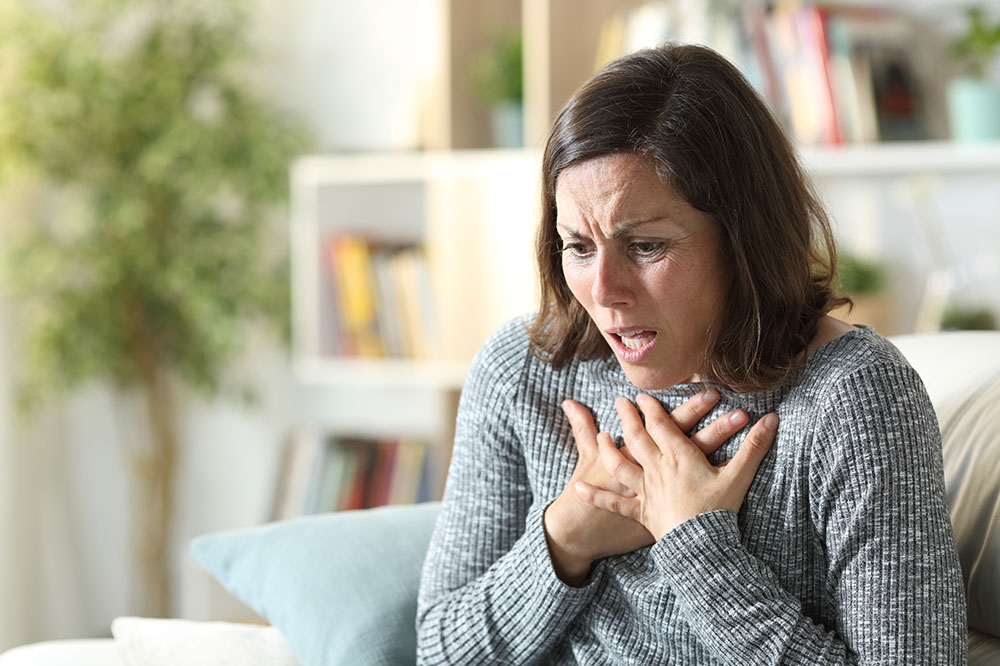5 common habits that may aggravate eczema

Atopic dermatitis, or eczema, causes itchy, dry, and inflamed skin that lasts for years and can often flare up. While the skin condition is common in young children, it may occur in people of any age. Such a skin condition is manageable with a dermatologist’s appropriate skin care routines and treatment plans. Here are a few habits that might trigger or worsen eczema in an individual.
Having trigger foods
A few common foods that might trigger an eczema flare-up include citrus fruits, dairy, eggs, soy, gluten, nuts, spices, and tomatoes. Research to find a connection between eczema and foods is in progress. Still, some say that their symptoms worsen when they eat particular foods. And yet, some individuals continue to eat these foods simply because of an unbearable craving. Food-sensitive eczema triggers may occur about 6 to 24 hours after an individual eats a certain type of food. Consumption of such foods may trigger the release of T cells. The process may lead to inflammation. People with eczema may also have oral allergy syndrome or sensitivity to birch pollen. A few foods categorized under this list include carrots, hazelnuts, pears, green apples, and celery.
One must avoid eating trigger foods and switch to anti-inflammatory options instead. Fish are a healthy source of omega-3 fatty acids that can curb inflammation levels in the body. A few healthy fish sources include salmon, sardines, herring, mackerel, and albacore tuna. Patients must eat probiotic-rich products like yogurt, miso soup, and tempeh are other sources. They contain good gut bacteria known to control inflammation caused by eczema. Broccoli, vegetables, apples, cherries, kale, and spinach are other healthy foods rich in inflammation-fighting flavonoids.
Exercising in unsuitable conditions
Exercise can help an individual improve their physical and mental health. Sadly, there are thousands of people who exercise in hot conditions, even when they have eczema. When an individual exercises like dancing, riding a bicycle, or walking, they start to sweat. The sweat evaporates to cool the skin’s surface and maintain body temperature. However, people who suffer from eczema might have an adverse reaction to perspiration, as sweat primarily comprises sodium and water combined with urea. And exercise can dry out the skin by losing fluids, and the sodium in the sweat may increase skin dehydration. The phenomenon may lead to a stinging and irritating sensation on the skin, which may compel an individual with eczema to scratch the skin’s surface uncontrollably. As a workaround, one must ensure that they drink plenty of water before, during, and after exercises to replace the water lost through sweat and keep the body hydrated. Regular breaks between workouts can also help keep the body cool and free from eczema complications.
Showering and bathing without precautions
While showering and bathing are part of self-care routines, it might not be in the best interest of those with eczema. Certain soaps, dyes, long showers, and hot water temperatures can lead to redness, itchy skin, swelling, and other eczema flare-ups. Long baths can also result in water loss through the skin, leading to irritation and dryness, triggering itching and scratching. Luckily there are ways for one to enjoy their daily shower routine by reducing the risk of such flare-ups. Using mild soaps and shampoos free of scents, dyes, and other chemicals may help curb an individual’s symptoms. One should also avoid showering with water that is very hot as it can remove oils from the skin and worsen symptoms. Limiting showers or baths to ten minutes will reduce the chances of dry skin. After a shower, one must use a moisturizer on the skin immediately after a bath or shower. Using a clean towel and dabbing the skin to dry it are other methods to prevent eczema flare-ups following a shower.
Choosing the wrong fabrics
Most people love trying out new fashion trends. But in doing so, they end up wearing tight clothing that may also be with heavy materials. Tight clothes can cause excessive friction and rub against the skin, triggering an eczema flare-up. Wearing heavy materials in the summer may lead to sweat, a common trigger in eczema patients. Therefore, a person affected by eczema should wear loose, lightweight fabrics to ensure minimal friction and sufficient breathability. They must also remove any tags from the clothing that might compel them to itch the skin. A person must also ensure they wash new clothes before wearing them to wash away chemicals used during manufacturing. Thoroughly wash soiled and dirty clothes with soaps, softeners, and dryer sheets that are safe for sensitive skin. An extra rinse may also help ensure that all detergent is washed out before one hangs the laundry to dry. And speaking of drying clothes, it’s best to do so indoors. Drying clothes inside can help prevent allergens from latching on to clothes as they might trigger eczema symptoms.
Not seeking a doctor’s expertise
Several individuals live with eczema and do not approach a healthcare expert because they are uncomfortable discussing the skin condition. But not seeking help from a doctor may result in the patient developing serious symptoms of eczema. So, consulting a healthcare expert is imperative for those with eczema. Doing so will ensure a proper diagnosis of their condition, followed by a suitable treatment plan. The treatment plan may include prescription gels, creams, and ointments that can repair the skin and help reduce the urge to itch. Antibiotic pills are also recommended to treat infections caused by eczema. In severe cases of eczema, the healthcare expert may recommend short-term pills to manage the condition. Wet dressings, light therapy, relaxation techniques, and counseling are other approaches a doctor suggests.






